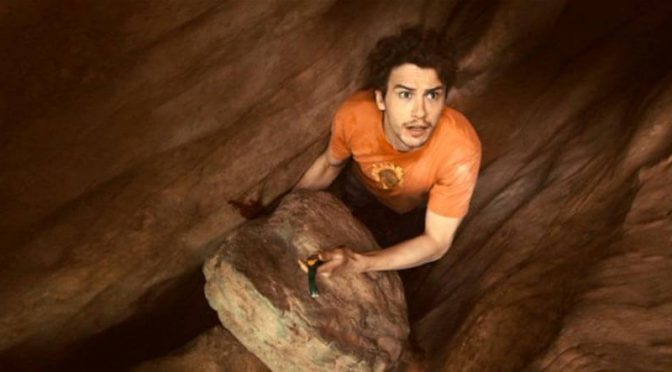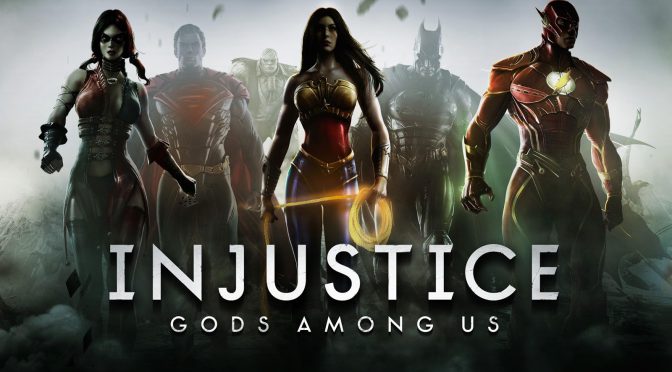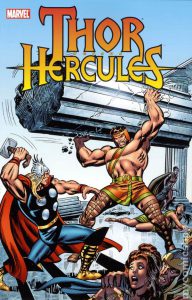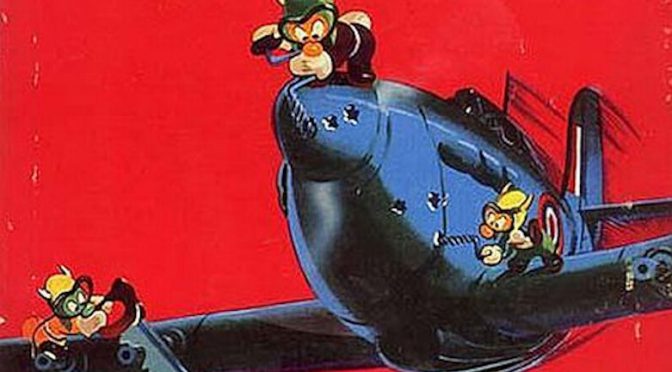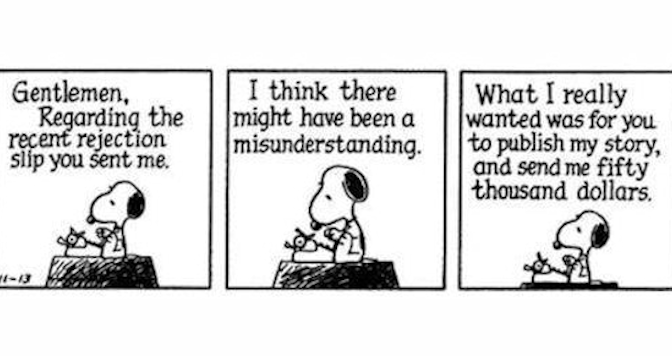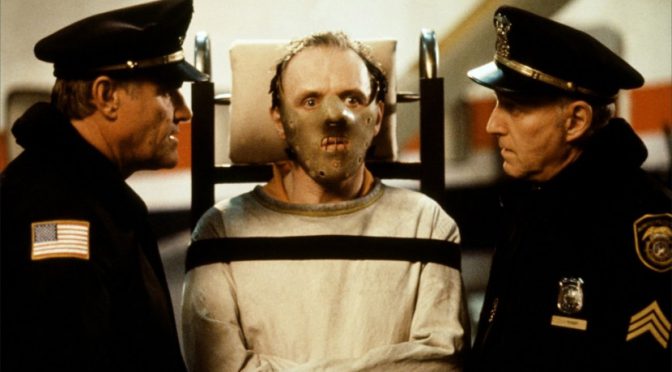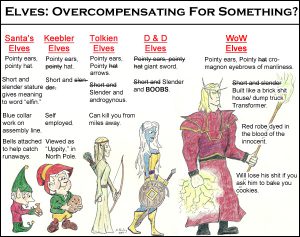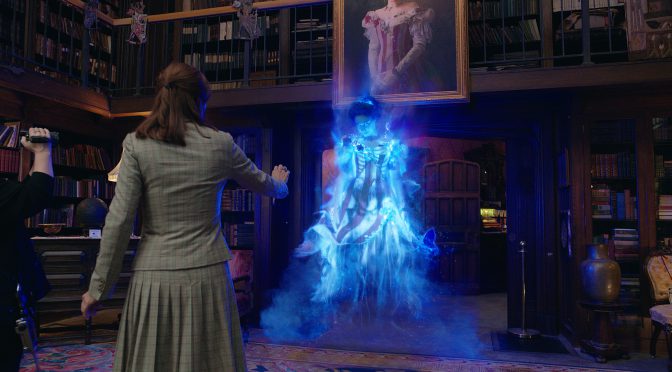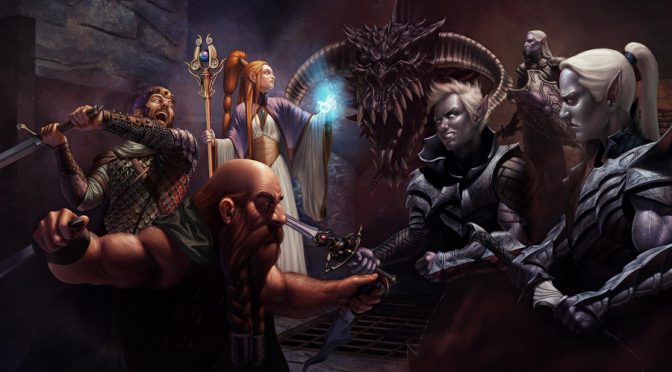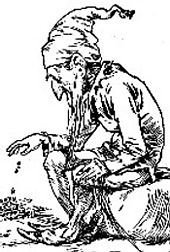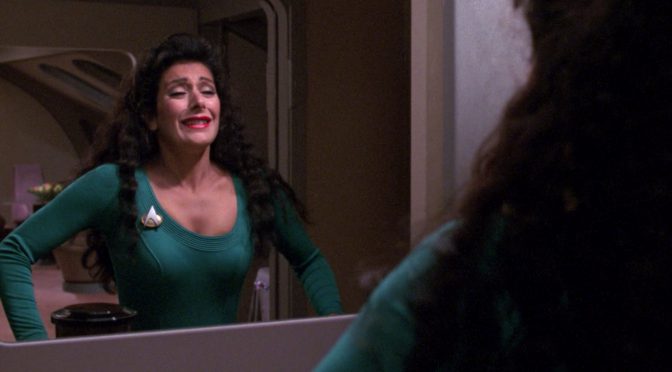After spending much of the last several years regularly updating this blog, it has been some time since I went a month with anything fewer than 5 entries. I love to ramble to the masses, after all, and make sure to post at least once a week whenever possible. So it would make sense, after this August came and went, that some people who have visited this blog would have one very important question to ask me:
“You dead?”
Fair question, my imaginary audience, but no. And, while I didn’t die, I can see why you would wonder. It is true, for several weeks now I have been effectively dead to the world. In fact, after frequently making jokes I was a zombie fueled only by caffeine and calypso music, I finally found myself for the first time completely unable to raise my corpse to the challenge. Having resolved to use the month of August to get ahead of several projects so that I could enter 2018 with a fresh start and renewed drive, I ended up with one of the greatest pains I had ever felt in my arm and found it difficult to do much of anything with it. Had I broken it in some freak accident? Was I suffering some sort of traumatic disease which was stripping the use of my arm from me? Did I tear the muscles in some dramatic fashion?
Nope, I just pissed off mother nature by working at a desk all day… Continue reading Sidelined By Injury


